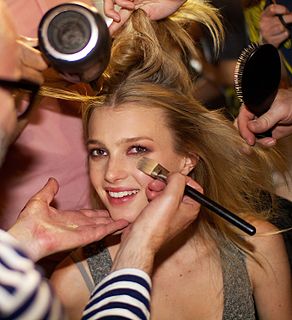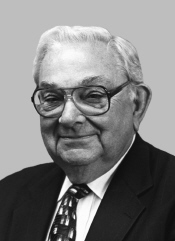A Quote by Sigrid Agren
I've always liked all the sciences like math, physics and biology
Related Quotes
I took biology in high school and didn't like it at all. It was focused on memorization. ... I didn't appreciate that biology also had principles and logic ... [rather than dealing with a] messy thing called life. It just wasn't organized, and I wanted to stick with the nice pristine sciences of chemistry and physics, where everything made sense. I wish I had learned sooner that biology could be fun as well.
I'm a huge advocate of all sciences. And my favorite - actually, not my favorite because I love all sciences - but my primary science that I study all the time is physics. It's the mother of all sciences because it's just how things move and how things react to the world around them. I feel like I would definitely go to college for physics.
Eugene Wigner wrote a famous essay on the unreasonable effectiveness of mathematics in natural sciences. He meant physics, of course. There is only one thing which is more unreasonable than the unreasonable effectiveness of mathematics in physics, and this is the unreasonable ineffectiveness of mathematics in biology.
It is ... a sign of the times-though our brothers of physics and chemistry may smile to hear me say so-that biology is now a science in which theories can be devised: theories which lead to predictions and predictions which sometimes turn out to be correct. These facts confirm me in a belief I hold most passionately-that biology is the heir of all the sciences.
There are a whole other range of sciences that must deal with the narrative reconstruction of the inordinately complex events of history that can occur but once in their detailed glory. And for those kinds of sciences, be it cosmology, or evolutionary biology, or geology, or palaeontology, the experimental methods, simplification, quantification, prediction and repetition of the experimental sciences don't always work. You have to go with the narrative, the descriptive methods of what? Of historians.
I do sense, as compared with let's say the early '50s, there's somewhat more of a careerism. I don't think it's anything special to economics; it's equally true with physics or biology. A graduate education has become a more career-oriented thing, and part of that is because of the need for funding. In fact, that's a much worse problem in the natural sciences than it is in economics. So you can't even do your work in the natural sciences, particularly, and even to some extent in economics, without funding.










































